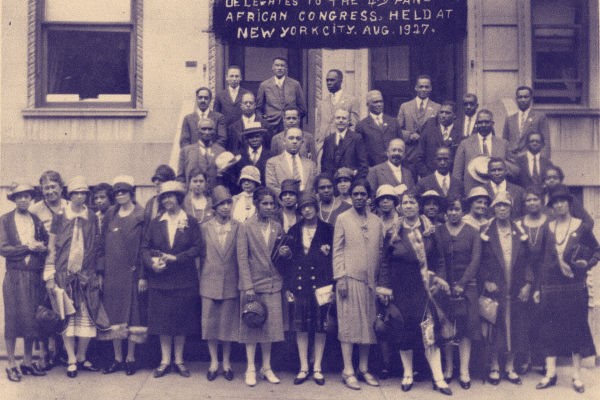The extraordinary financial collapse of recent months has been commonly described as a testament to the failure of deregulation. The events are indeed testament to a failure—a failure of public policy. Blaming deregulation is misleading.
In general, political debates over regulation have been wrongly cast as disputes over the extent of regulation, with conservatives assumed to prefer less regulation, while liberals prefer more. In fact conservatives do not necessarily desire less regulation, nor do liberals necessarily desire more. Conservatives support regulatory structures that cause income to flow upward, while liberals support regulatory structures that promote equality. “Less” regulation does not imply greater inequality, nor is the reverse true.
Framing regulation debates in terms of more and less is not only inaccurate; it hugely biases the argument toward conservative positions by characterizing an extremely intrusive structure of, for example, patent and copyright rules, as the free market. In the realm of insurance and finance over the last two decades, calls for deregulation have been cover for rules tilted starkly toward corporate interests. And the recent change in bankruptcy law, hailed by conservatives, requires much greater government involvement in the economy.
False ideological claims have circumscribed the public debate over regulation and blinded us to the wide range of choices we can make. Without these claims, what would guide regulatory policy? What kinds of choices would we have?
This article has become a book!

Taking Economics Seriously
Dean Baker
MIT / Cloth / $14.95 / April 2010
There is nothing wrong with economics, but economists routinely ignore their own principles when it comes to policy. What would it look like if we took mainstream economics seriously and applied its lessons consistently?








